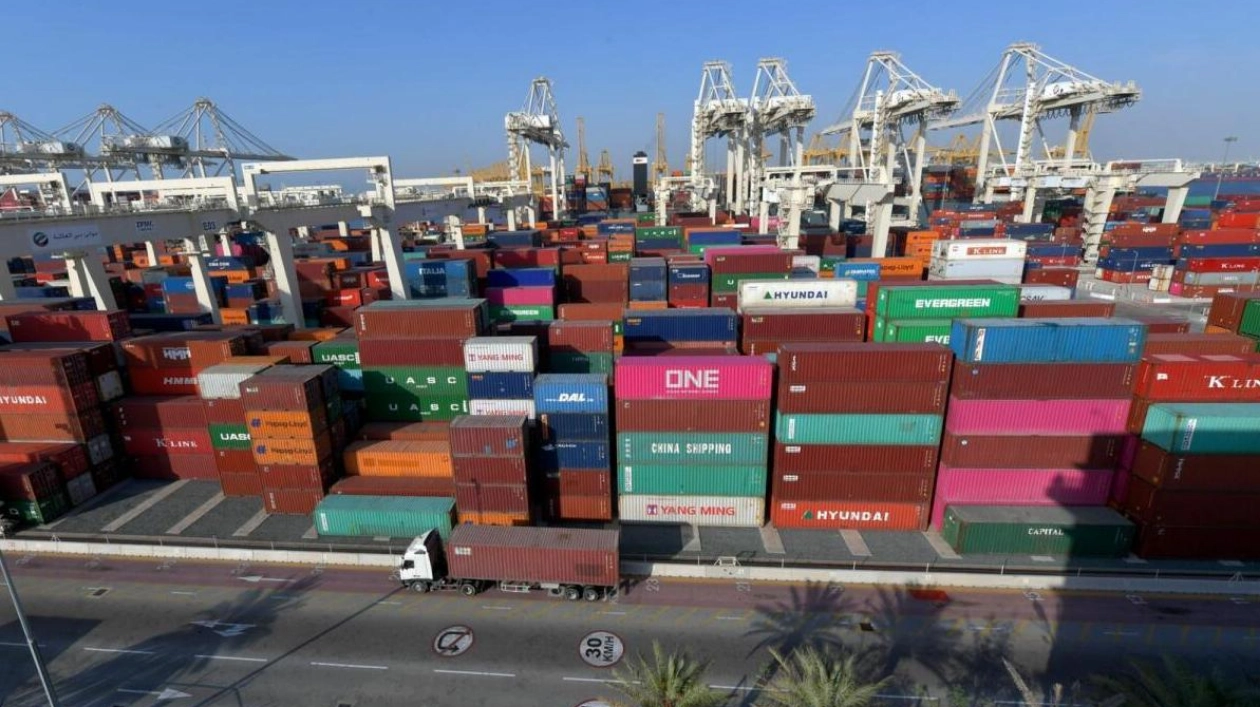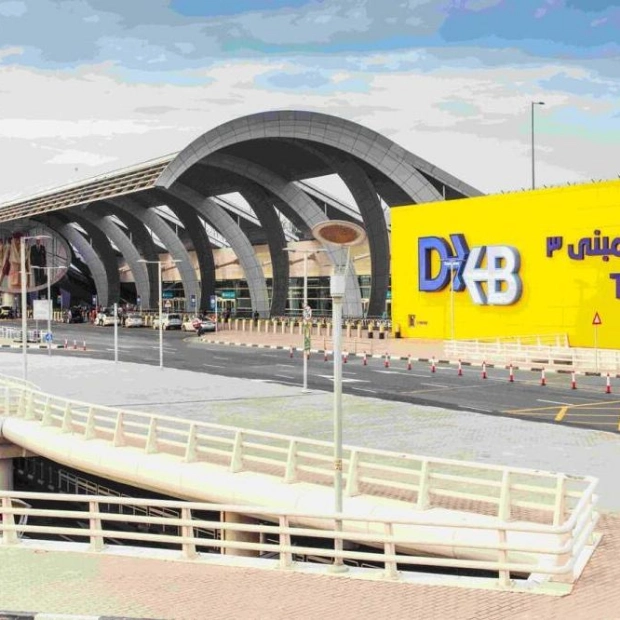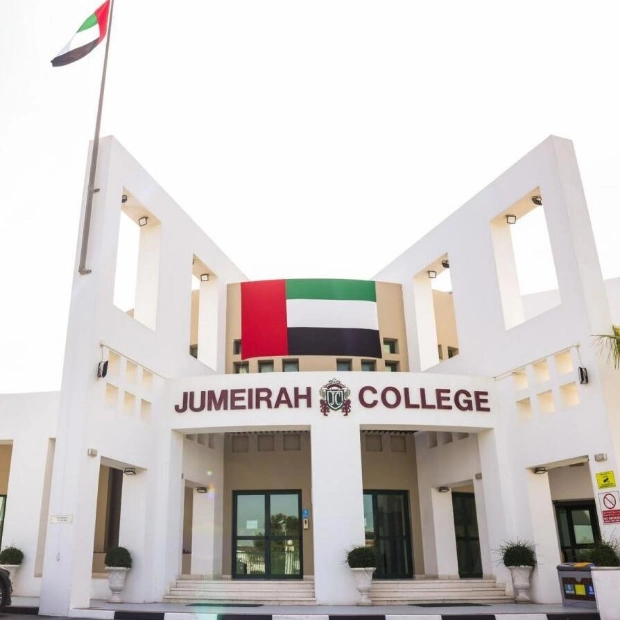Dubai's non-oil private sector demonstrated a robust expansion, diverging from the UAE's overall trend, which saw the weakest business activity growth in three years during September, according to the latest Purchasing Managers’ Index (PMI) report.
In Dubai, overall activity levels surged at the quickest rate in four months, despite a slower increase in new business volumes. The expansion prompted non-oil businesses to boost staffing and inventories more than in August. Supplier performance also improved, though customs delays were reported.
Dubai's GDP reached Dh115 billion in Q1 2024, marking a 3.2% growth compared to the same period last year. Key sectors such as transportation, financial services, trade, communications, hospitality, and real estate all experienced significant expansion. Transportation/storage and financial/insurance sectors led with growth rates of 5.6%, followed by trade (3.0%), information/communications (3.9%), accommodation/food services (3.8%), and real estate (3.7%).
The growth trend mirrored the success of 2023, where Dubai's GDP soared to Dh429 billion, a notable 3.3% increase from the previous year's figure of about Dh415 billion. On prices, Dubai's survey data indicated a sharp rise in overall input costs during September, though the rate of inflation eased to a five-month low. Output prices also increased as firms sought to pass on costs to customers, with the latest rise in charges being the fastest since the start of 2018.
Across the UAE, activity and new orders improved at softer rates, while employment growth was the weakest since December 2022. Output charges recorded the fastest rise in over six and a half years. The seasonally adjusted PMI dipped to 53.8 in September from 54.2 in August, indicating a loss of momentum in the non-oil private sector.
David Owen, senior economist at S&P Global Market Intelligence, noted that competition remained a challenge, leading to a more cautious outlook for the upcoming year. Output expectations are now at their lowest since early 2023. Firms opted to maximize revenues while sales are still strong, resulting in the fastest rise in output charges in over six and a half years.
Across the UAE, a recent trend of selling price hikes persisted in September, with businesses raising charges at the fastest pace since January 2018. Despite robust gains, rates of growth in activity and new business across the non-oil economy receded at the end of the third quarter. Business activity rose at the slowest pace since September 2021, and new business levels received by non-oil firms expanded at a sharp pace, though the rate of expansion decelerated.
Some companies cited tough competition as having hampered sales, and output predictions for the year ahead moderated to their weakest in 18 months. With new order growth softening, businesses reported fewer hires in September, driving the mildest rise in total employment since the end of 2022.






